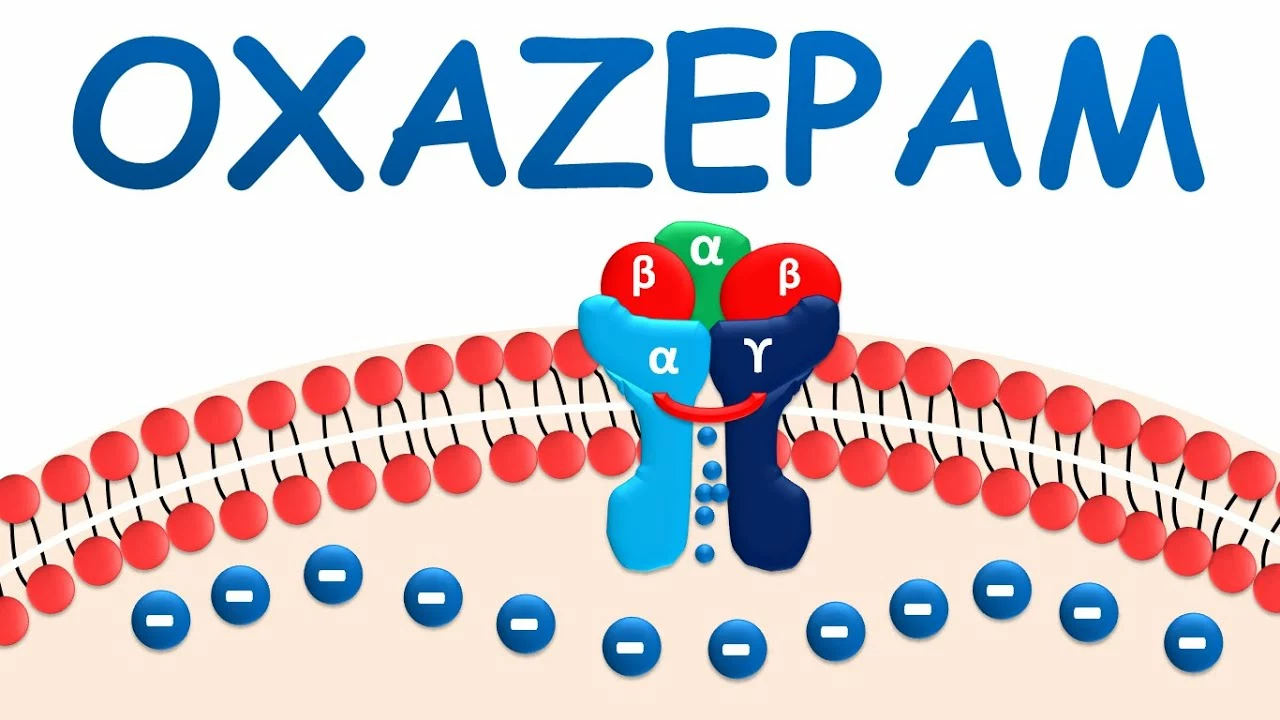Acitretin: What to know about this oral retinoid
Acitretin is a prescription oral retinoid most often used for severe psoriasis and other serious keratinization disorders. It can work when topical treatments and light therapy fail, but it’s powerful — and not a drug to take lightly. Here’s straight talk on how it works, what to expect, and the safety steps you must follow.
How acitretin works and who it’s for
Acitretin reduces excess skin cell production and helps normalize skin growth. Doctors usually pick it for pustular or erythrodermic psoriasis, or stubborn plaque psoriasis that hasn’t responded to other systemic options. Typically, treatment lasts several months and may be repeated based on response and side effects.
Typical starting doses range from 25–50 mg once daily with food. Your doctor will tailor the dose for your weight, response, and lab results. Don’t stop or change the dose without speaking to your prescriber.
Safety, monitoring and practical tips
Big safety points first: acitretin is highly teratogenic. If you can become pregnant, you must use effective contraception during treatment and for 3 years after stopping. Avoid alcohol while taking acitretin and for at least 2 months after—alcohol can convert acitretin into etretinate, a long-lasting compound that raises the pregnancy risk even more.
Before you start, expect baseline blood tests: liver enzymes, fasting lipids, and pregnancy test when appropriate. Your doctor will repeat tests during treatment (often monthly at first, then every 1–3 months). Watch for elevated liver enzymes or high triglycerides; doses may be reduced or treatment paused if labs change.
Common side effects are dry skin and lips, brittle nails, hair thinning, and sensitivity to sunlight. Use thick moisturizers, regular lip balm, and sunscreen. Avoid waxing or laser hair removal on treated skin—retinoids make the skin more fragile.
There are important drug interactions: avoid systemic tetracyclines (risk of raised intracranial pressure), high-dose vitamin A supplements (additive effects), and be cautious with methotrexate or other hepatotoxic drugs. Tell every provider and pharmacist you’re taking acitretin.
Don’t donate blood while on acitretin and for 3 years after stopping — many countries require this to prevent accidental exposure in pregnant transfusion recipients. If you plan pregnancy, discuss alternatives now; acitretin is not an option.
Call your doctor if you notice severe stomach pain, jaundice, extreme fatigue, unusual bleeding, sudden mood changes, or if you think you might be pregnant. For day-to-day care, simple steps—moisturize, protect from sun, check labs—make a big difference in staying on therapy safely.
If you have questions about dosing, monitoring schedule, or how acitretin compares to other treatments, bring them up at your next visit. It’s a useful drug for the right condition, but safety rules matter more than convenience.
31
Acitretin and Tattoos: What You Need to Know
Hey there, ink enthusiasts and skin art connoisseurs! Today we're delving into the compelling world of Acitretin and tattoos. It's a wild ride, I promise! Now, Acitretin is a medication that treats severe psoriasis, but hold onto your tattoo guns, because it's got a zany side effect: it can mess with the healing of tattoos! This can lead to some pretty gnarly distortions in your fresh ink, and knowing is half the battle, right? So, before you pop that pill and hit the tattoo parlor, maybe have a chat with your doc. Keep your tattoos looking fabulous, folks!
Latest Posts
Popular Posts
-
 OTC Heartburn Medications: Antacids, H2 Blockers & PPIs Explained
OTC Heartburn Medications: Antacids, H2 Blockers & PPIs Explained
-
 Stinging Insect Allergy: What Venom Immunotherapy Really Does for You
Stinging Insect Allergy: What Venom Immunotherapy Really Does for You
-
 Enteral Feeding Tube Medication Safety: Compatibility and Flushing Protocols Explained
Enteral Feeding Tube Medication Safety: Compatibility and Flushing Protocols Explained
-
 Magnesium Supplements and Osteoporosis Medications: What You Need to Know About Timing
Magnesium Supplements and Osteoporosis Medications: What You Need to Know About Timing
-
 Meniere’s Diet: How Sodium Restriction and Fluid Balance Reduce Vertigo and Hearing Loss
Meniere’s Diet: How Sodium Restriction and Fluid Balance Reduce Vertigo and Hearing Loss



